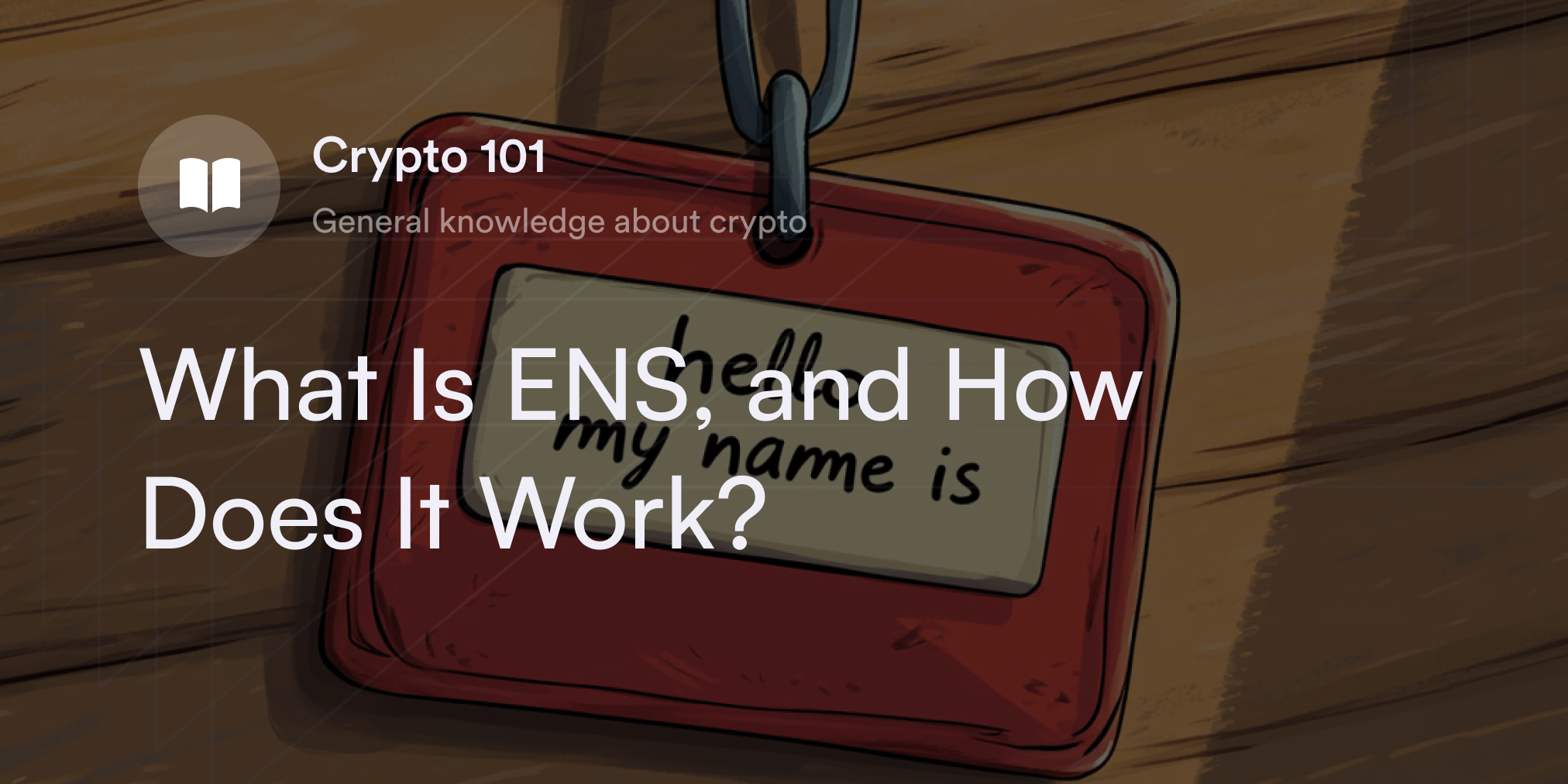


Even diehard Bitcoin (BTC) supporters admit relying on digital assets for daily expenses is difficult. Despite the rise of cryptocurrency adoption, traders frequently ask, “What can I buy with Bitcoin?” as they browse online shops and convenience stores.
Since cryptocurrencies are still relatively new and highly volatile, finding a merchant willing to accept digital currency isn’t the easiest feat. However, surveys suggest up to 75% of big businesses are exploring crypto payment integrations, and a few have already rolled out Bitcoin-friendly features. In fact, some companies that don’t accept Bitcoin and altcoins for direct payments have come up with convenient ways to convert crypto to gift cards or cash.
Here’s all you need to know about what you can buy with cryptocurrency and how to swap digital assets for products and services. We’ll also provide a few tips to use cryptocurrencies for purchases even if merchants don’t directly accept them.
What Can You Buy with Bitcoin?
The list of companies accepting cryptocurrencies is constantly expanding, but not every business has the same policies for crypto payments. While some retailers only allow certain coins like Bitcoin or Ethereum (ETH), others might limit their crypto offerings to select jurisdictions. The only way to know whether a merchant accepts cryptocurrencies is to research their payment policies or speak with a cashier or customer service rep. A few apps like BTCMap also provide interactive maps with info on local businesses accepting Bitcoin.
Before you plan to transfer cryptocurrency to a merchant’s crypto wallet, double-check if their store or e-commerce portal welcomes crypto in their area. Here are a few notable industries with big brand names already open to BTC payments:
1. Food and Beverages (F&B)
It’s fitting to start a list explaining what you can use cryptocurrency for with food because the first real-world item anyone bought with Bitcoin was two Papa John’s pizzas. On May 22, 2010, programmer Laszlo Hanyecz bought two large pizzas for 10,000 BTC (or a whopping $300 million at the time of writing). Fun fact: Hanyecz didn’t directly buy food from Papa John’s, as the brand doesn’t accept cryptocurrency. Instead, he struck a deal with someone on an online forum. And owing to this exchange, people celebrate “Bitcoin Pizza Day” every May 22.
Although Papa John’s still doesn’t accept crypto, you can seek other F&B brands. For example, Starbucks lets customers use crypto to buy or top off their gift cards. Other fast food restaurants like Chipotle, McDonald’s, and Subway are experimenting with crypto payments in select regions. And if you’re interested in using crypto to buy groceries, a few chains like Whole Foods, VARUS, and Pick n Pay now offer crypto payment solutions.
2. E-Commerce Stores
Since e-commerce apps are online by design, they’re a natural fit for digital payment methods like cryptocurrencies. Brands like Overstock.com and Newegg.com started welcoming crypto payments in 2014 and still continue to let customers pay for their home furniture or electronics with various digital assets. Software giant Microsoft also made headlines in 2014 when it began accepting BTC on its Microsoft Store. Shopify now makes it simple for customers to pay with virtual currencies on its e-commerce platform, and popular rideshare app Uber signaled it’s looking into accepting Bitcoin payments.
Although Amazon’s leadership isn’t interested in cryptocurrency yet, dozens of third-party platforms offer ways to pay with crypto on the e-commerce giant. For instance, websites like BitPay and Bitrefill let traders use their cryptocurrency to buy hundreds of gift cards for their favorite e-commerce sites (including Amazon). Tokyo-based cashback website Rakuten also allows customers to pay with cryptocurrency in its partner stores.
3. Video Games and Virtual Collectibles
With a market cap of $34 billion in the $384 billion gaming industry, decentralized video games are one of the hottest growth segments in cryptocurrency. Some companies in the video game sector (e.g., GameStop and Twitch) are already jumping on board the crypto revolution by offering digital asset payments. A few gaming studios like Square Enix and Sony are investing heavily in Web3 applications, which may soon make it easier for gamers to pay with crypto.
Outside the legacy gaming industry, countless games on decentralized networks (aka blockchains) use cryptocurrencies as a reward and in-game currency. For example, in Axie Infinity, players collect unique non-fungible tokens (NFTs) representing playable Pokémon-style creatures called Axies. Gamers use their Axies to battle against other players, level up, and earn cryptocurrency rewards such as Smooth Love Potion (SLP) tokens. Other open-world metaverse games like Decentraland and The Sandbox also use crypto tokens for in-game payments and NFTs representing ownership over virtual items, characters, or land. As long as a video game accepts the cryptocurrency you have in your wallet, it’s possible to buy countless digital items, services, and experiences on these platforms.
4. Designer Clothes, Jewelry, and Apparel
The fashion and jewelry industries are some of the most enthusiastic about Web3 innovations like metaverse games and NFTs, and many already accept cryptocurrency payments for products. A few clothing brands with crypto checkout features include:
LVMH
PacSun
Ralph Lauren
Gucci
TAG Heuer
Farfetch
Jomashop
Plus, if you want to transfer digital gold for physical gold, some precious metals dealers accept cryptocurrency as a form of payment. For instance, online precious metals vendor JM Bullion accepts cryptocurrencies for gold, silver, platinum, and palladium.
5. Taxes and Bills
Using BTC for bills isn’t the norm in most nations, but a few governments are dabbling with digital asset payment rails. For instance, some countries recognize Bitcoin as legal tender, meaning citizens are free to use BTC for daily transactions. Even in nations where Bitcoin isn’t legal tender, some local jurisdictions accept cryptocurrency for taxes.
Outside the public sector, significant telecommunications providers like AT&T and DishTV let customers pay with cryptocurrency for their phone, TV, or internet bills.
Can You Buy a Car with Crypto?
When digital asset prices rose during the 2021 crypto bull market, Tesla’s CEO Elon Musk made headlines when he allowed customers to pay for an electric vehicle with Bitcoin. A few months later, however, Musk cited concerns over Bitcoin’s impact on the environment and paused BTC payments. Although Tesla accepts the dog-themed cryptocurrency Dogecoin (DOGE) in its apparel store, it no longer accepts crypto payments for its vehicles.
While Tesla doesn’t let people pay for cars with crypto, a few car dealerships are open to cryptocurrency payments. For example, Ohio-based Jeff Wyler Automotive Family accepts crypto payments in its 23 locations, and it completed the first successful crypto payment for a Mercedes-Benz in 2022. Although the list of dealerships offering crypto payments isn’t long, there are ways for customers to transfer crypto for a car.
How to Spend Cryptocurrency: A Few Methods
If you find a company accepting direct cryptocurrency payments, you first need a self-custodial crypto wallet to send virtual currencies to the merchant’s address. Typically, Bitcoin-friendly businesses post a QR code representing their wallet address for customers to scan on their crypto wallet before confirming a transfer. Although every crypto wallet is slightly different, the standard steps to make a crypto payment are similar:
Select the cryptocurrency a merchant accepts in a crypto wallet.
Click Send or Withdraw.
Enter an amount of crypto to send, and scan the company’s QR code.
Review the transaction, and select Confirm.
If a business doesn’t accept cryptocurrency into a wallet, there are a few alternative ways to use your coins and tokens to make purchases.
Gift cards: You can leverage a third-party crypto-friendly website such as BitPay or Bitrefill to trade the cryptocurrency in your wallet for gift cards and pay the merchant.
Payment rails: Some apps like PayPal, Venmo, and CashApp have built-in “crypto-to-fiat” payment rails for merchants using these fintech solutions. This is a win-win situation for both merchants and you. While you send the payment in crypto, the brand receives it in their local currency.
Debit cards: A few cryptocurrency exchanges like Coinbase and Crypto.com offer “crypto debit cards,” which link to your crypto trading account. While these debit cards work similarly to other Visa or Mastercard products, they take cryptocurrency from your exchange portfolio rather than fiat currency from a bank’s checking account. Because the crypto exchange and card provider handle the crypto-to-fiat conversions with these debit cards, the merchant directly receives cash in their account.
Eligible Traders can Buy and Sell Crypto Perpetuals on dYdX
If you’re an eligible trader and interested in adding crypto derivatives to your portfolio, turn to dYdX, where you’ll find plenty of perpetual contracts on our decentralized exchange. After connecting a crypto wallet to dYdX’s platform, eligible traders can enjoy access to an advanced trading interface complete with features like slippage tolerance controls, stop and limit orders, and leverage. Check out our official blog for more details on dYdX’s latest updates and offerings.
And if you’re looking for more crypto educational content, visit dYdX Academy for dozens of informative guides. From centralized crypto exchanges and crypto staking to ETF and the best cryptocurrency wallet, you can find everything on our Academy.
Eligible traders can start trading on dYdX today!
Disclaimer
The content of this article (the “Article”) is provided for general informational purposes only. Reference to any specific strategy, technique, product, service, or entity does not constitute an endorsement or recommendation by dYdX Trading Inc., or any affiliate, agent, or representative thereof (“dYdX”). Use of strategies, techniques, products or services referenced in this Article may involve material risks, including the risk of financial losses arising from the volatility, operational loss, or nonconsensual liquidation of digital assets. The content of this Article does not constitute, and should not be considered, construed, or relied upon as, financial advice, legal advice, tax advice, investment advice, or advice of any other nature; and the content of this Article is not an offer, solicitation or call to action to make any investment, or purchase any crypto asset, of any kind. dYdX makes no representation, assurance or guarantee as to the accuracy, completeness, timeliness, suitability, or validity of any information in this Article or any third-party website that may be linked to it. You are solely responsible for conducting independent research, performing due diligence, and/or seeking advice from a professional advisor prior to taking any financial, tax, legal, or investment action.
You may only use the dYdX Services in compliance with the dYdX Terms of Use available here, including the geographic restrictions therein.
Any applicable sponsorship in connection with this Article will be disclosed, and any reference to a sponsor in this Article is for disclosure purposes, or informational in nature, and in any event is not a call to action to make an investment, acquire a service or product, or purchase crypto assets. This Article does not offer the purchase or sale of any financial instruments or related services.
By accessing this Article and taking any action in connection with the information contained in this Article, you agree that dYdX is not responsible, directly or indirectly, for any errors, omissions, or delays related to this Article, or any damage, injury, or loss incurred in connection with use of or reliance on the content of this Article, including any specific strategy, technique, product, service, or entity that may be referenced in the Article.







